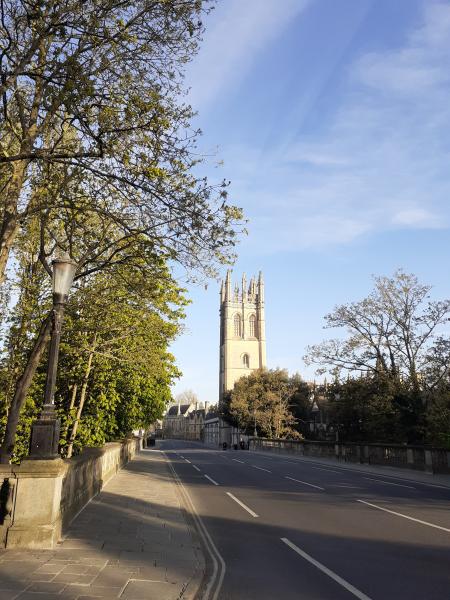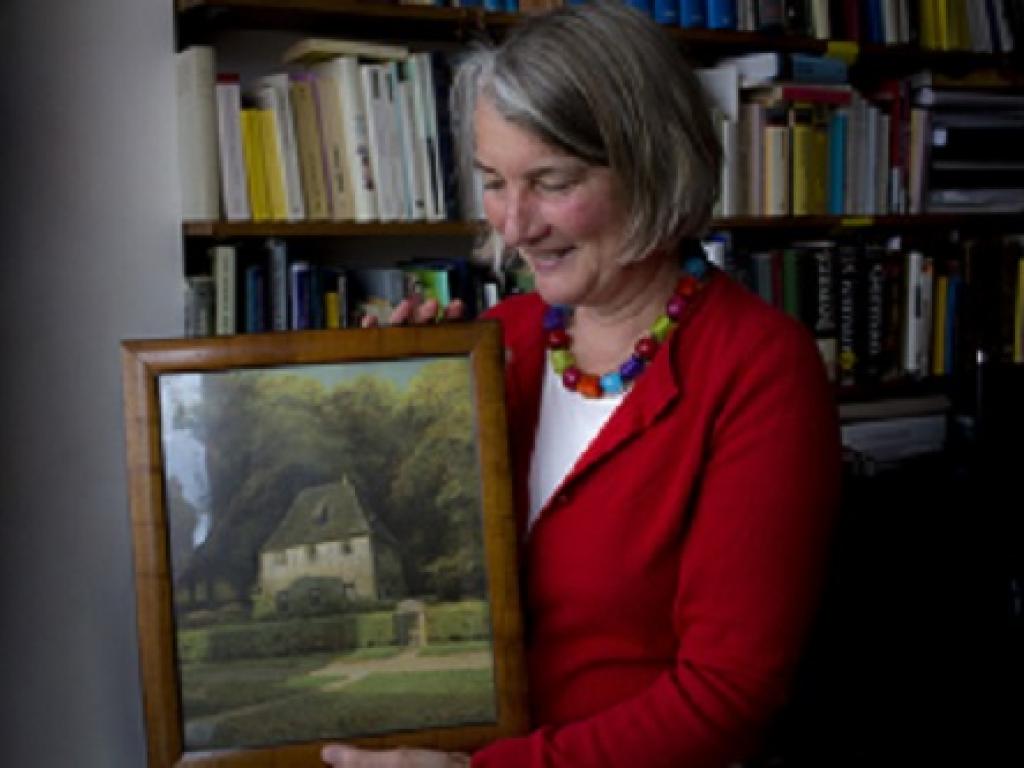
This has been another term like no other before: we welcomed the 2020 freshers, our returning year abroad students and our new graduates – but of course to a very different Oxford. Like our colleagues and support staff, they have all reacted amazingly well to our strange circumstances: the university is open; our libraries are ensuring that all have access to the books they need; seminars, lectures and language classes are up and running online; tutorials for undergraduates and supervisions for graduates are taking place in person where possible – at a distance, and wearing masks. Everything is being done to place our students where they always have been: at the centre of the University. Their engagement with their courses, their stimulating questions and their excitement at what they learn are everyday reminders of how fortunate we all are to be involved in educating such remarkable individuals.
A quick look at the ‘news’ feed on our website shows how much has been going on since the last newsletter, above and beyond our teaching, supervising and examining. We have organised concerts and conversations, outreach events, participated in radio programmes and virtual literary festivals from England to India, organised workshops, conferences and lectures including the 2020 Zaharoff Lecture by Rwandan writer Scholastique Mukasonga, often reaching even larger and more far-flung audiences in the new online format. Colleagues have published books on a wide variety of subjects: Diderot; Louis-René des Forêts; Voltaire’s letters; Illegitimacy in early modern Spanish literature; Childhood, Memory and the German Nation; Transnational Portuguese Studies; Reading Petrarch in Dialogue; Mandelstam; Inscribing Texts in Byzantium, etc. Nicola Gardini has been elected President of a major continental publishing house, Adriano Salani Editore—known to all Italians for the Harry Potter series. Students and colleagues have received a variety of prizes for articles and Patrick McGuinness’ second novel, Throw me to the Wolves won the prestigious Encore award. Karen Leeder, who was honoured with the Austrian national award for translating has been appointed a Fellow of the Academia Europaea where she joins Helen Watanabe-O’Kelly and Catriona Seth. Three of our colleagues, Carolin Duttlinger in German, Polly Jones in Russian and Helen Swift in French have been granted the title of Professor in Recognition of Distinction. Another form of recognition was welcome even if we all have a healthy scepticism regarding rankings: we were delighted to be named first for Modern Languages by The Guardian, and student satisfaction rates internally were high even during the pandemic.
As many of us have had to learn to configure our domestic space in order to work from home, with dining-room tables becoming temporary desks or garden sheds spaces for running virtual conferences, this issue of The Oxford Polyglot will let you range far and wide from Dante’s waiting room in Purgatory, with Caroline Dormor’s thoughts and artwork, to broadcasting about anticolonial radio stations in Conakry from under a duvet in a kitchen in Oxford with BBC New generation thinker Alexandra Reza. It will let you reflect with Catherine Dove on what reading Camus’ The Plague as a finalist during lockdown might have to teach us about our current situation but also about the everyday life of the disabled or how to make the most of your year abroad during a pandemic as Ella Bingham is doing in Tuscany or Charles Barlow savouring the rhythm of life in Guadeloupe. Thanks to our students and academics you can also discover hidden gems, whether these are Russian books in a College library as studied by Andrew Kahn or German fairy tales by women which have been translated and published for the first time by our student Eve Mason. We all know how fulfilling studying languages can be, as all these experiences show. Communicating this has also been central to a recent project funded by the British Academy as part of its Rising Star programme: Jess Goodman has been coordinating a countrywide network of early career researchers working on modern languages outreach with schools, hoping to encourage more pupils to enjoy a full experience reading stimulating texts and sharing in the joy of learning languages.

Best wishes,
Professor Almut Suerbaum
Chair of the Medieval and Modern Languages Faculty Board